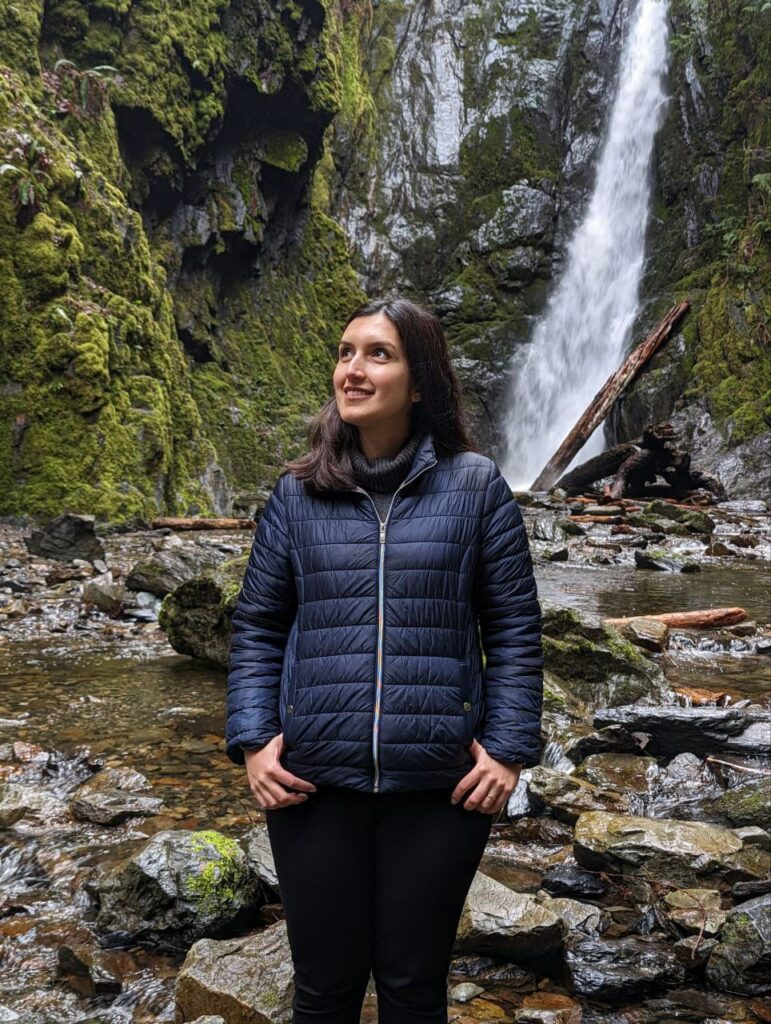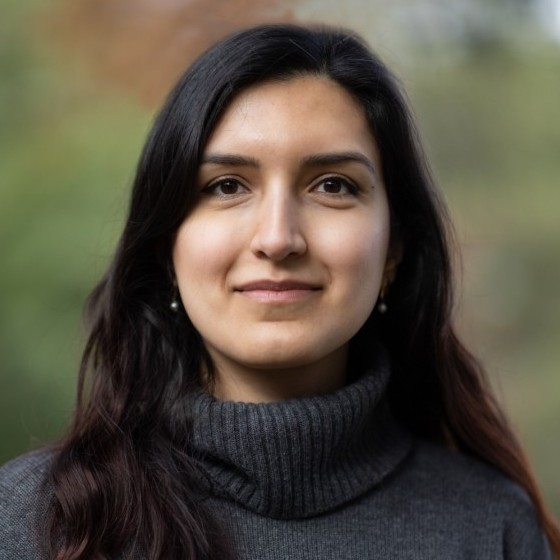Visiting Researcher, UW
Mahsa Torabi is a Visiting Researcher at the UW, and a PhD candidate at University of Victoria (UVic). Her research utilizes Life Cycle Assessment (LCA) for early-stage design and the formulation of low-carbon, high-performance design concepts. Mahsa is deeply enthused by the integration of innovative technologies such as machine learning and virtual reality to advance high-performance design, from development to evaluation and presentation. Mahsa previously held roles as a lecturer specializing in sustainability, building simulation, and high-performance architecture. She also brings to CLF her experience as a sustainability specialist. In 2016, Mahsa achieved her masters degree in energy and architecture, building upon the foundation of her bachelor’s degree in architectural engineering.
por Mahsa Torabi
Embarking on the exploration of embodied carbon became a pivotal journey for me during my undergraduate studies in Architectural Engineering. It was there that I discovered the profound influence that a thoughtful consideration of embodied carbon could exert on architectural decisions. This revelation, a blend of scientific inquiry, design and analytical scrutiny, deeply resonated with my inherently analytical mindset.
My passion for this intricate field intensified during my pursuit of a Master’s in Sustainable Architecture. Here, my focus shifted towards integrating Life Cycle Assessment (LCA) into residential building energy codes. This academic journey marked the inception of my commitment to understanding and integrating building carbon footprints into design decision-making—a commitment that I continued to nurture during my Ph.D. at the University of Victoria.
Recognizing the imperative for innovative approaches to achieving higher sustainability targets, I crafted a tool for early-stage whole-building LCA during my doctoral research. This tool empowers architects to gauge the carbon emissions of their designs at the conceptual stage, facilitating informed decision-making during the design process rather than relying on trial and error or simulations. The impact-focused nature of my research earned it the distinction of the Best Research Project in 2023 at the University of Victoria.
With a background grounded in high-performance buildings, I have devoted six years to serving as a sustainability consultant and lecturer at university level. The gratifying experience of imparting knowledge on sustainability to aspiring architects and engineers has strengthened my belief in education as a transformative force shaping better futures.
In my current role as a visiting researcher at the Carbon Leadership Forum (CLF), my focus lies in pioneering research on carbon-storing materials and their applications in building design. Simultaneously, I am actively involved in developing tools that address the impact of novel technologies and materials on building performance, aiming to streamline and expedite LCA analyses.
Embracing my role, I hold high expectations in alignment with my aspirations for the future of building design. My objective is to contribute to innovations that not only mitigate the adverse impact of buildings on climate change but also take one step forward to position innovative structures as solutions for capturing carbon and positively addressing the environmental challenges of the current decade. As a building scientist and researcher, I perceive my role as integral to the collective effort combating climate change, fueled by a profound desire to design the next generation of buildings—structures that stand as architectural marvels and beacons of environmental responsibility.
CLF is more than an organization to me; it is the beating heart of change within the building industry. It doesn’t just make an impact; it sets the pace, markedly reducing carbon emissions from buildings. The organization’s steadfast commitment to cultivating a sustainable future seamlessly resonates with my personal convictions and aspirations. Together with CLF, I am poised to make meaningful strides, contributing to a future where buildings are not just architectural wonders but steadfast guardians of environmental responsibility.

Mahsa on a hike at Gold Stream Park, Vancouver Island

My objective is to contribute to innovations that not only mitigate the adverse impact of buildings on climate change but also take one step forward to position innovative structures as solutions for capturing carbon and positively addressing the environmental challenges of the current decade.